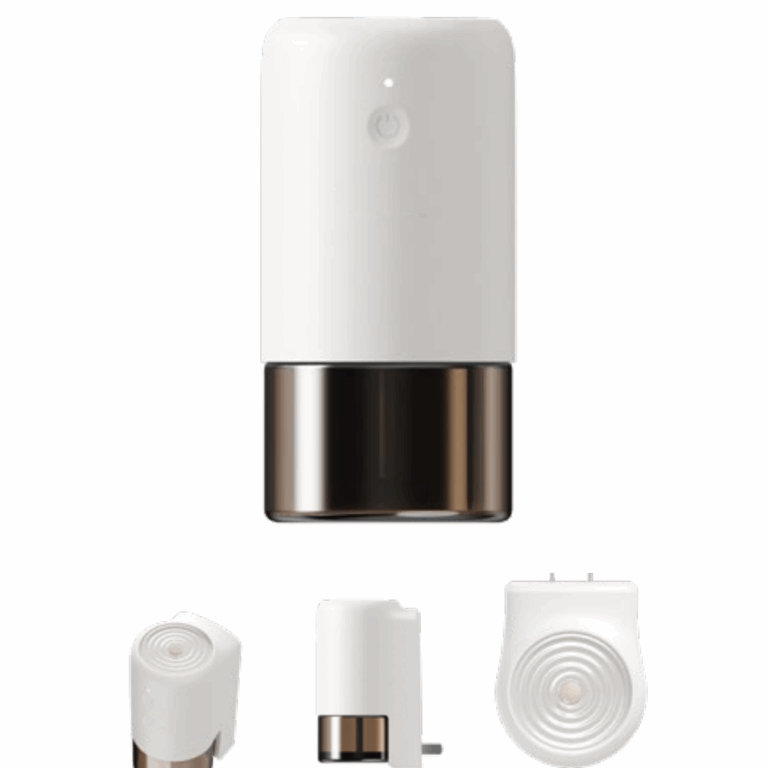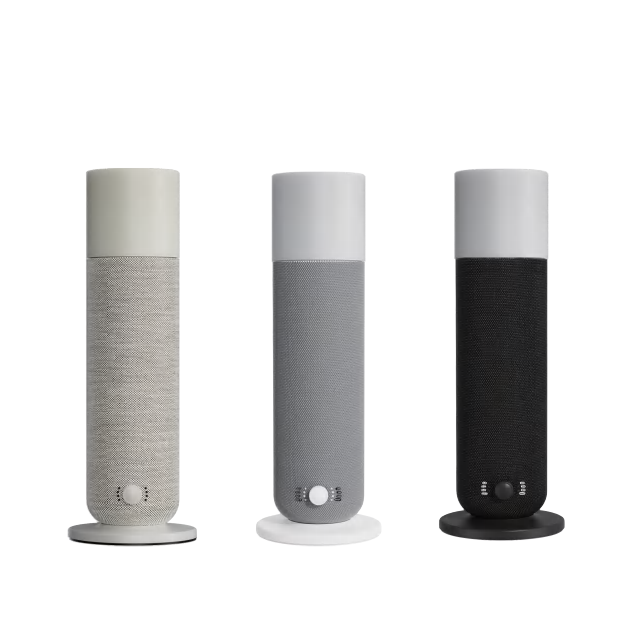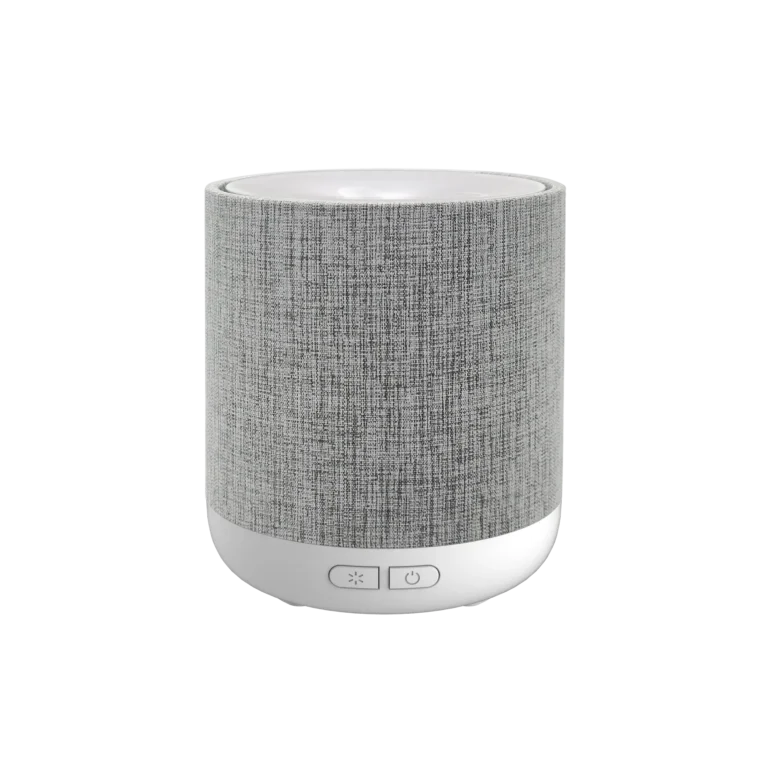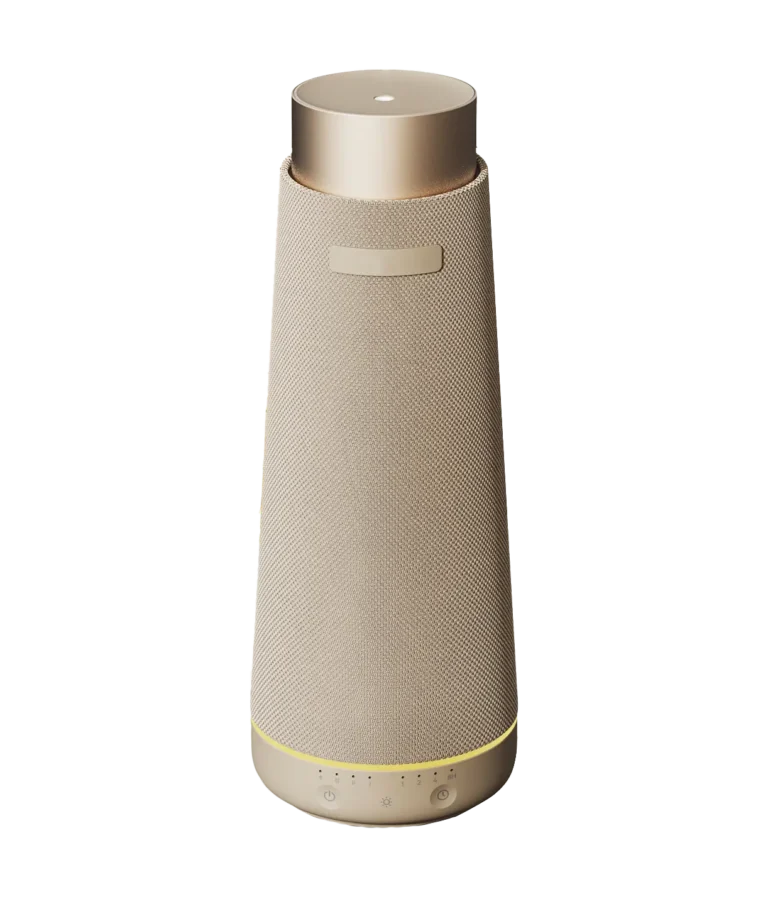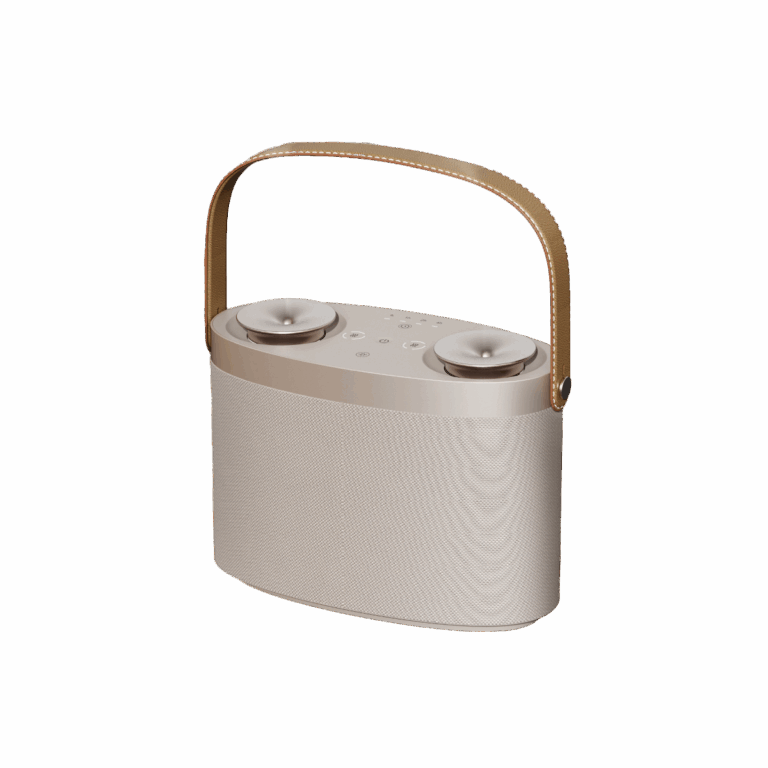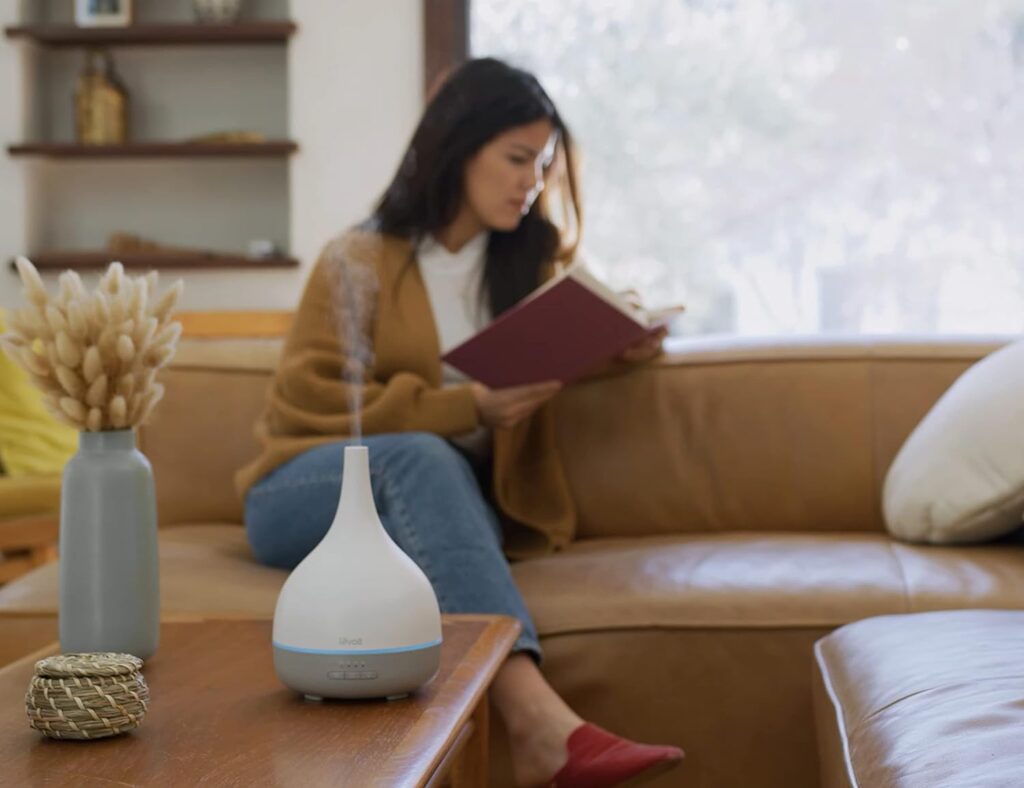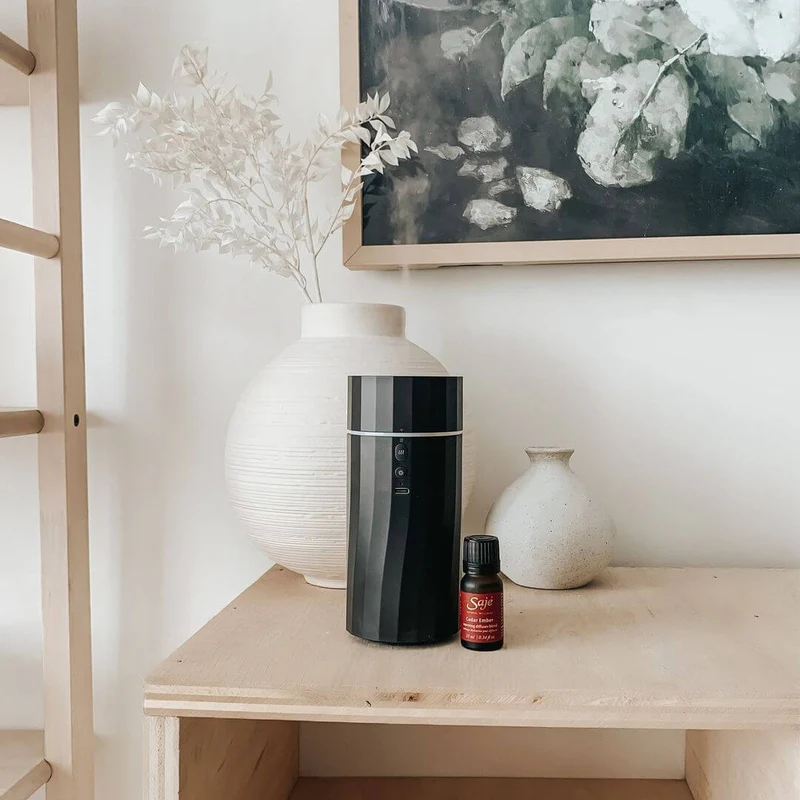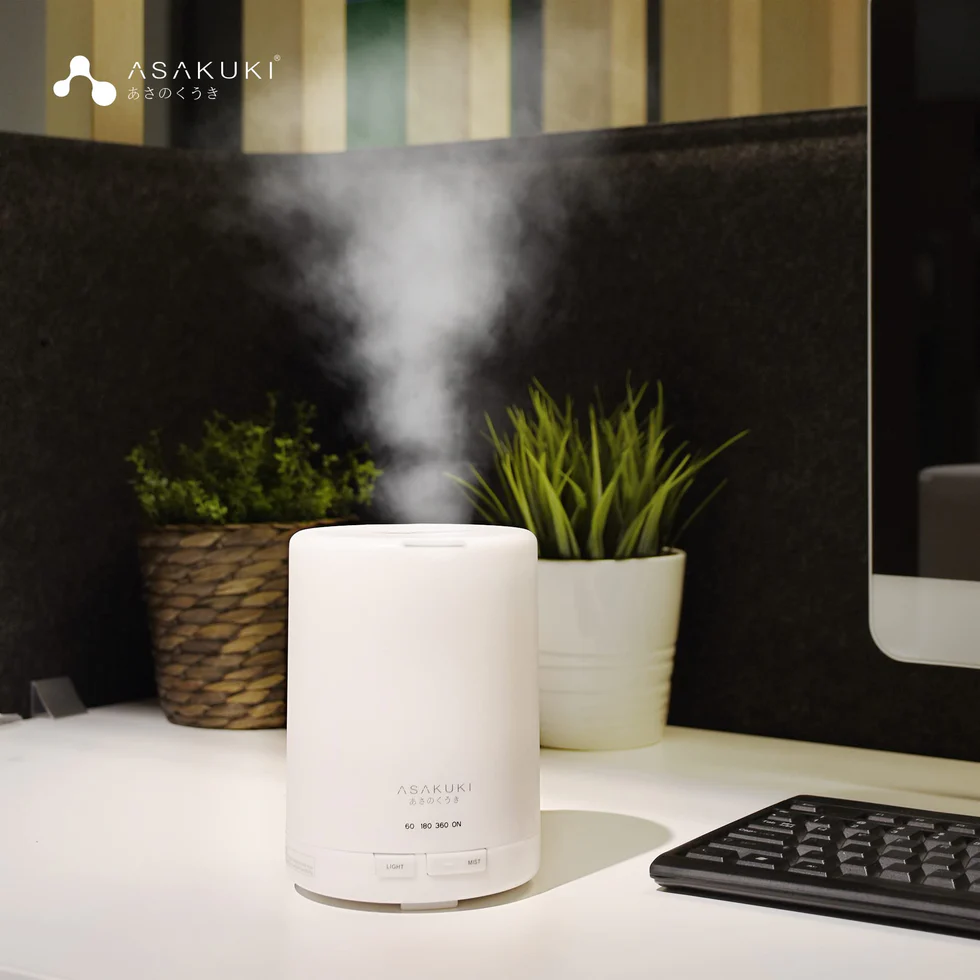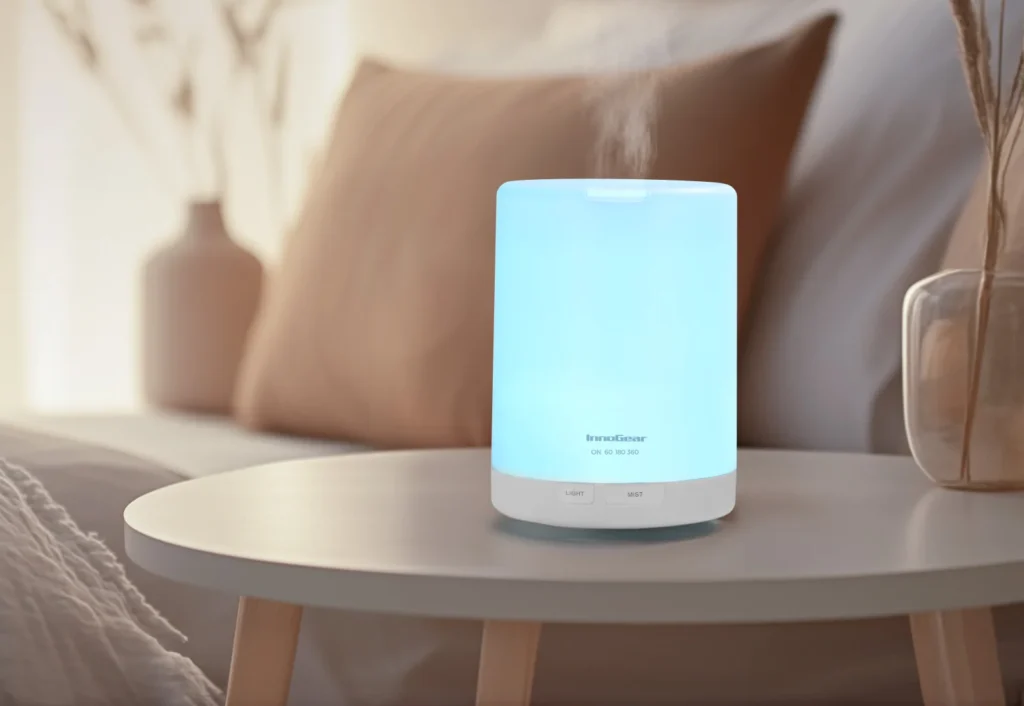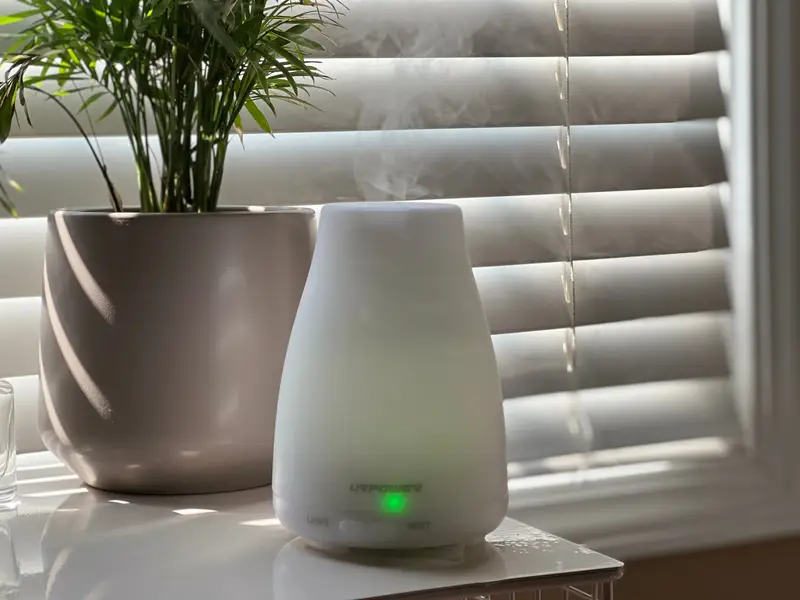At first glance, the Anjou brand seems to embody the quintessential modern wellness company. Its marketing speaks of being "Inspired by Nature" and "perfected by science," offering a portfolio of essential oils, bath bombs, and its flagship aromatherapy diffusers designed for a clean, healthy, and beautiful lifestyle. Press releases and product manuals consistently identify Anjou as a company based in Fremont, California, reinforcing a narrative of American design and quality control. For the average consumer, the story is simple and appealing: a nature-focused brand born out of the California wellness movement.
But for leaders in the D2C and B2B space, the most interesting stories are rarely that simple. When we ask the question, "Where are Anjou diffusers really manufactured?" we uncover more than just a location. We uncover a masterclass in modern global commerce, a textbook case study on how to strategically decouple a brand's public identity from its manufacturing origins to achieve global scale.
The short answer is that Anjou diffusers are manufactured in China. But the long answer reveals a sophisticated, multi-layered corporate structure that offers invaluable lessons for any business operating in the global marketplace today.
Crafting the California Dream: The Power of a Public Persona
Anjou’s success in Western markets is built on a meticulously constructed American identity. This isn't just a casual claim; it's a strategic foundation supported by a consistent corporate and logistical footprint.
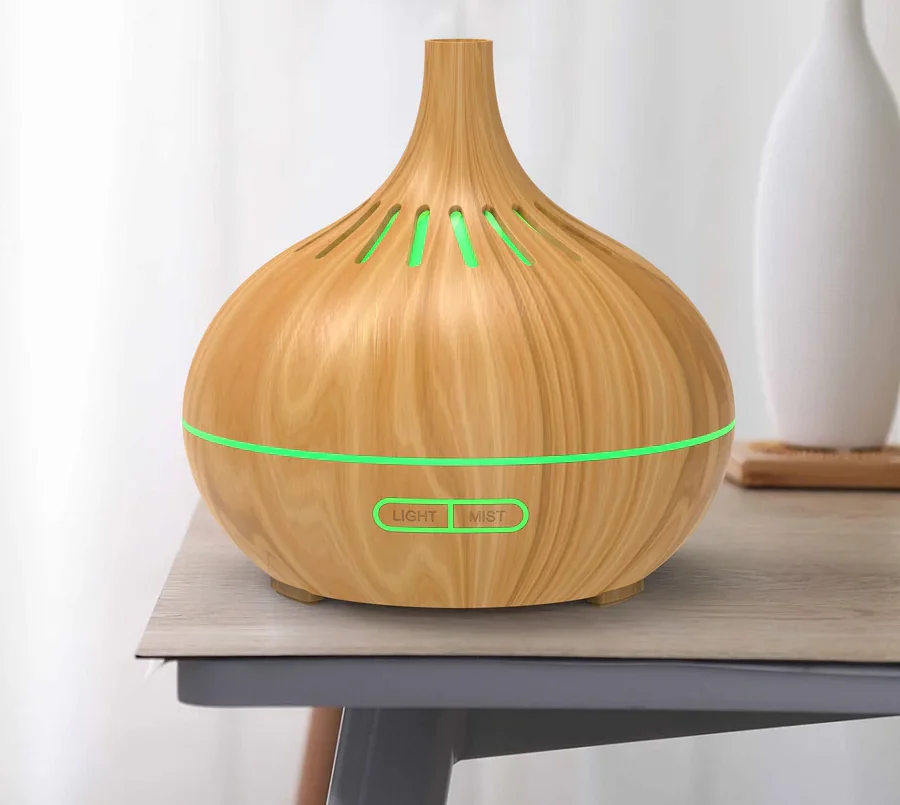
The Philosophy: The brand's motto, "Be pure, be healthy, and be beautiful with Anjou," perfectly targets the wellness-conscious consumer. The emphasis on clean, cruelty-free, and eco-friendly products resonates deeply with its target demographic.
The California Connection: Anjou has consistently used California addresses in its official communications, from Fremont to Cupertino to Fullerton. This creates a tangible link to a state synonymous with innovation, health, and natural lifestyles. The legal entity behind the brand in the U.S. is Sunvalleytek International, Inc., a registered California corporation, lending official weight to the "Made in the USA" perception.
The Distribution Gambit: Herein lies a particularly brilliant piece of D2C strategy. Anjou’s website states that U.S. orders are "processed by Amazon, and shipped directly from Amazon distribution center in California". This statement is factually correct, but it also masterfully conflates the final point of distribution with the point of origin. For the consumer, the product’s last journey starts in California, effectively obscuring the thousands of miles it traveled before that. It’s a subtle but powerful way to reinforce the brand’s American identity without making a false manufacturing claim.
Pulling Back the Curtain: A Global Corporate Structure
The California-based Sunvalleytek International, Inc. is just the tip of the iceberg. Digging into corporate and legal records reveals that it is the final link in a long chain of ownership that stretches across the Pacific to Shenzhen, China.
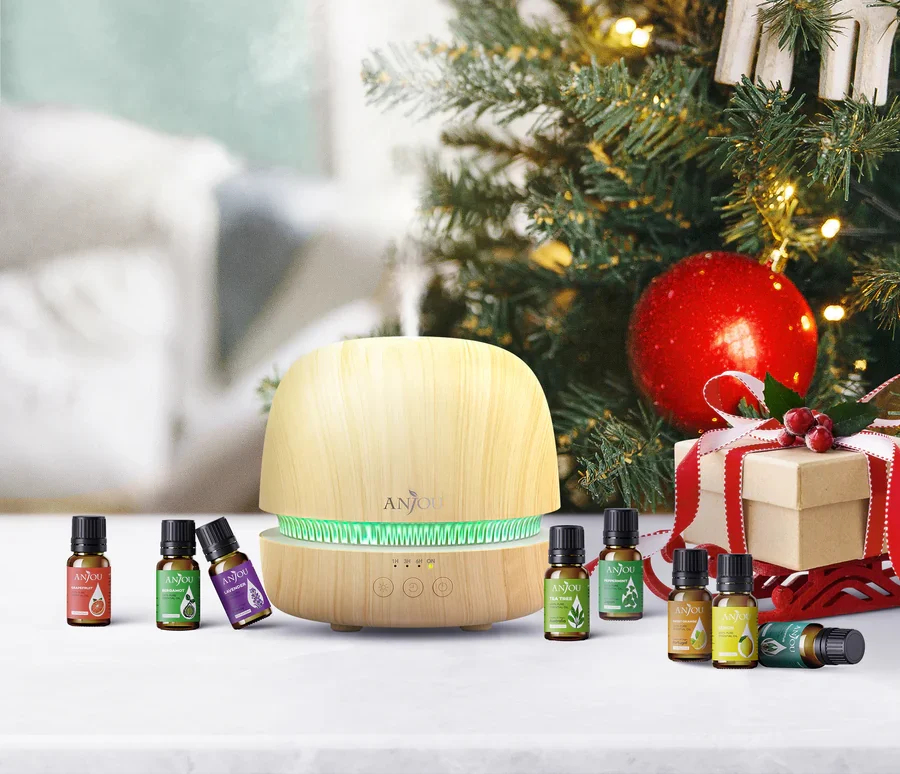
The direct parent of Sunvalleytek is the Sunvalley Group (formally Shenzhen Sunvalley Innovation Technology Co., Ltd.), a major consumer electronics conglomerate founded in 2007 and headquartered in Shenzhen. This is the true operational hub where product strategy and development decisions are made.
Sunvalley Group operates a portfolio of distinct consumer brands, each targeting a specific niche on platforms like Amazon:
- Anjou: Wellness and personal care products
- RAVPower: Power banks and charging accessories
- TaoTronics: Headphones and audio equipment
- HooToo: USB hubs and electronic accessories
- Sable: Bedding and home comfort items
- VAVA: Dash cams and audio devices
This multi-brand, or "phantom brand," strategy is a key lesson for D2C businesses. It allows the parent company to dominate multiple product categories and mitigate risk. If one brand faces a public relations crisis or, as was the case in 2021, gets delisted from Amazon for allegedly incentivizing reviews, the other brands in the portfolio can remain insulated from the fallout.
The Ultimate Owner: From Wellness Products to Industrial Hardware
The ownership chain doesn’t even stop with Sunvalley Group. U.S. court filings reveal that Sunvalley is a wholly-owned subsidiary of an even larger entity: Guangdong SACA Precision Manufacturing Co., Ltd.
This is where the story takes a fascinating turn. Guangdong SACA is not a consumer electronics company. It is a publicly-traded industrial giant based in Foshan, China, that specializes in manufacturing precision hardware. Its core products are hinges, drawer slides, and other metal components for furniture, appliances, and industrial equipment.
The acquisition of Sunvalley Group represents a strategic diversification for SACA. It was a calculated move by a traditional B2B industrial manufacturer to enter the high-growth, high-margin global D2C market. This structure allows the conglomerate to leverage its immense manufacturing expertise and supply chain efficiencies to power a portfolio of consumer-facing brands. The Anjou diffuser, therefore, is not the product of a small California startup; it is a strategic asset in the global portfolio of a major Chinese industrial company.
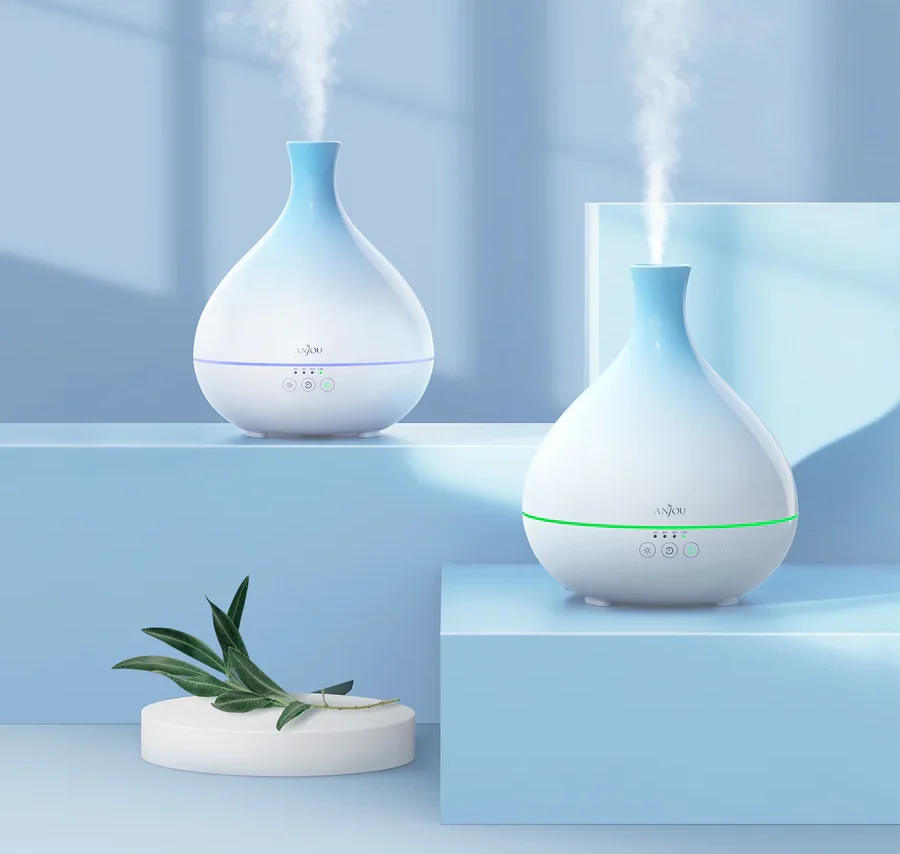
Corporate Ownership Hierarchy of the Anjou Brand
-
العلامة التجارية
- Anjou – Consumer-facing wellness brand, marketed globally
-
US Subsidiary
- Sunvalleytek International, Inc. – US Sales, Marketing, Distribution – California, USA
-
Intermediary
- Shenzhen Sunvalley (Sunvalley Group) – D2C Brand Portfolio Management – Shenzhen, China
-
Ultimate Parent
- Guangdong SACA Precision Mfg. Co. – Corporate Governance, Manufacturing – Foshan, China
On the Factory Floor: Pinpointing the Manufacturer
While SACA provides the financial oversight and Sunvalley manages the brands, who physically makes the products? To sell electronics in the United States, companies must file for certification with government agencies like the Federal Communications Commission (FCC) and the Food and Drug Administration (FDA). These public records provide the final piece of the puzzle.
An FCC filing for a product from TaoTronics, Anjou’s sister brand, lists the manufacturer as "Shenzhen NearbyExpress Technology Development Co., Ltd." More directly, FDA filings for Anjou-branded products, such as a "Spot Remover Pen" and a "Wireless Body Composition Smart Scale," also name "SHENZEN NEARBYEXPRESS TECHNOLOGY DEVELOPMENT COMPANY LTD" as the company behind the devices.
This evidence strongly indicates that Shenzhen NearbyExpress is the primary manufacturing partner responsible for producing the electronics across Sunvalley's brand portfolio. This entity not only handles the physical assembly but also navigates the complex regulatory landscape required to legally import and sell these goods in the U.S. market.

The D2C Playbook: Key Takeaways from the Anjou Model
The Anjou brand structure is a textbook example of a modern, efficient global business model. The operational roles are clearly divided between two countries to maximize their respective strengths.
The Role of the U.S. Entity is Market-Facing:
- Marketing & Sales: Building the brand narrative and managing e-commerce channels like Amazon
- Logistics: Handling importation and last-mile distribution
- Legal & Customer Support: Providing a domestic corporate presence and a point of contact for U.S. consumers
The Role of the Chinese Entities is Foundational:
- Governance & Finance (SACA): High-level corporate oversight and capital investment
- Strategy & R\&D (Sunvalley): Parent-level brand management and product development
- Manufacturing & Compliance (NearbyExpress): Physical production and navigating U.S. import regulations
This model allows the conglomerate to leverage China's cost-effective and highly developed manufacturing ecosystem while using a minimal-footprint U.S. entity to build a localized brand identity that appeals directly to high-value Western consumers.
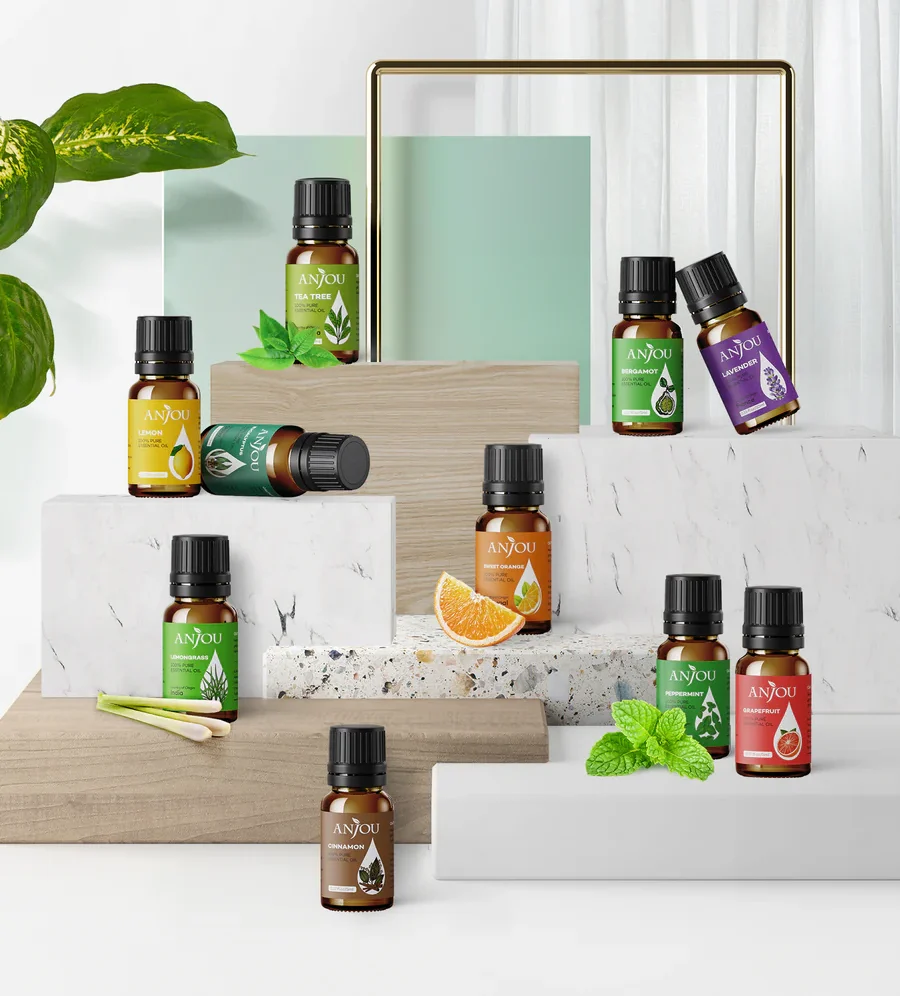
Conclusion: The Illusion is the Masterstroke
So, where are Anjou diffusers made? They are made in Shenzhen, China, by a manufacturing partner serving a portfolio of D2C brands, which are owned by a consumer electronics group, which in turn is an asset of a publicly-traded industrial hardware giant.
The story of Anjou is a powerful lesson for every D2C and B2B leader. It demonstrates that in today's global economy, brand identity is a strategic construct that can be intentionally and effectively decoupled from manufacturing origin. The journey of a product from a factory floor in Shenzhen to a living room in Ohio is masked by a sophisticated architecture of international law, digital marketing, and global logistics. The "nature-inspired" wellness brand from California is, in reality, a triumph of global industrial strategy. And understanding that distinction is key to understanding the future of direct-to-consumer commerce.


